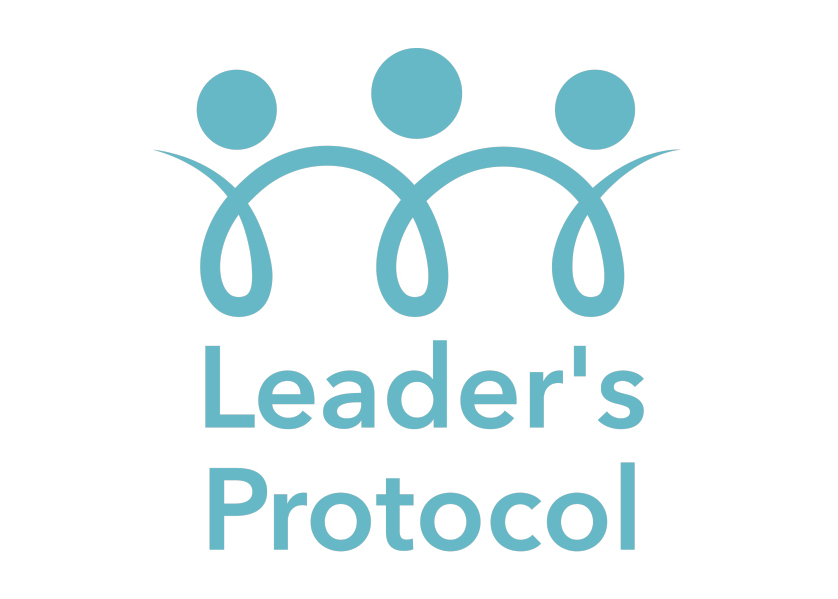Identifying the intersection of the team and each individual within it may be a holy grail for senior leaders and social scientists alike. But is it relevant and if so why?
Bain’s compelling recent article poses an intriguing observation: teams indeed outperform individual leaders. This mirrors the oft-cited idea that the whole is greater than the sum of its parts. But for this hypothesis to truly be valid, it’s not just about collective dynamism. It’s about the health and vitality of each and every individual within that team. As the world evolves, particularly with the rise of AI, our context of being a “smart” organisation will undeniably shift as we focus on that which only humans can do. We’ve excelled at gauging and measuring smartness, but perhaps, we’re more likely to sidestep the crucial aspect of health. As roles evolve, demanding uniquely human capabilities, our mental and emotional health will hold paramount importance. So, while teams undeniably surpass individual efforts, there’s an inescapable need to tune into each member’s resilience, especially in top-performing squads.
Bain outlines five commendable traits that effective top teams exhibit: Direction, Dynamism, Discipline, Drive, and Collaboration. Each trait is indeed pivotal in its own right. But there’s a foundational element that seems to be lurking in the shadows: the individual’s level of resilience – their state of being and which they bring to the team collective. For instance, for a team to truly “win together through trust and inclusion,” each member must feel they belong. They must be secure in their position, approved by their peers, and have some semblance of control over their tasks and responsibilities. This individual resilience, rooted in Approval, Belonging, Security, and Control, cannot be overstated. Moreover, as teams embrace change (Dynamism), it’s the individual’s psychological safety that becomes the bedrock for taking risks and innovating. Vulnerability-based trust and a culture of care and challenge are indispensable, yet these are either touched upon lightly or entirely overlooked in the discourse.
That said, the article’s insights are undeniably sharp and as one would expect from Bain & Co reflect a deep understanding of team dynamics. The importance of aligning around the company vision, embracing changes, working effectively with clarity, persevering through challenges, and fostering trust and inclusion can’t be stressed enough. These practices are indeed the hallmark of effective teams, and Bain’s articulation offers a poignant reminder of the same.
While we applaud and readily welcome the practices highlighted in the article, it’s crucial to underscore the individual’s context. As leaders, as buddies, as organisations, let’s ensure that each member’s resilience is nurtured. This starts with recognising and addressing their inherent needs for Approval, Belonging, Security, and Control. By fostering an environment where Psychological Safety is a given, where care and challenge are the norm, we not only equip individuals to contribute meaningfully but also set the stage for a truly cohesive, high-performing team. After all, only when each team member thrives can we genuinely claim that the collective whole has outdone the individual parts.




